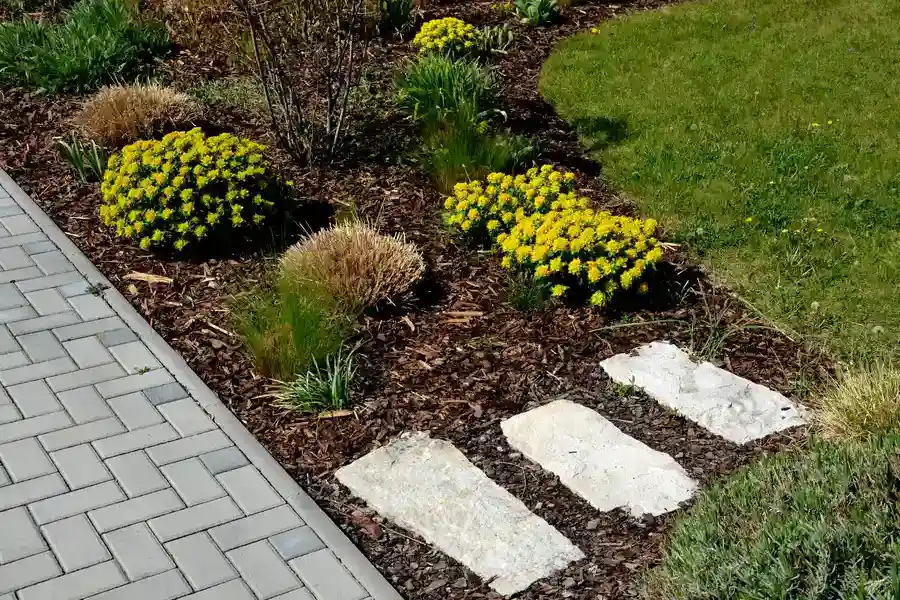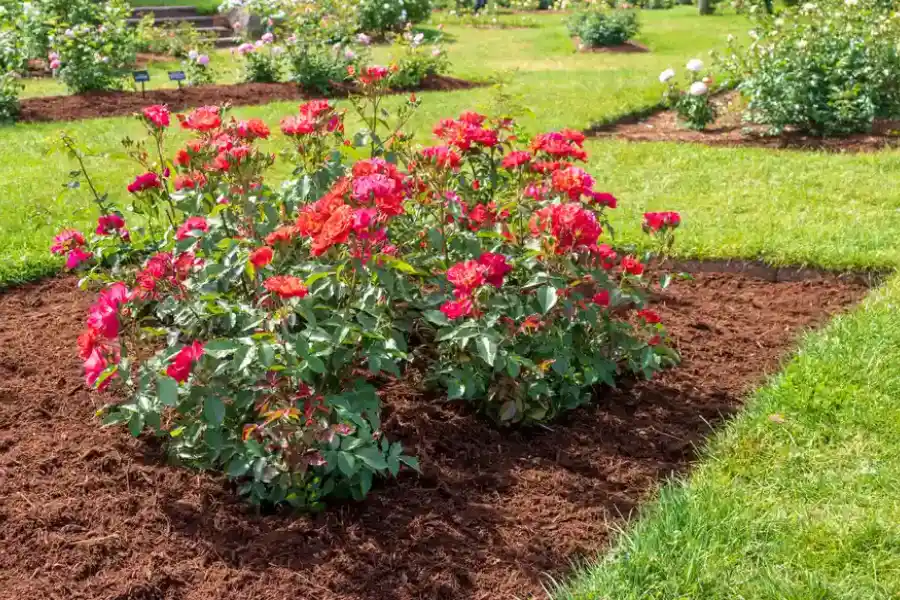Exploring Various Mulch Options for Your Garden Needs
Gardening is a rewarding hobby that brings beauty to any space. A key component in successful gardening is using mulch effectively. Mulch can help retain moisture, suppress weeds, and improve soil health. With various types available, choosing the right one can be daunting. This guide will delve into different mulch types and their uses, offering insights to make informed choices for your garden.

Organic Mulches and Their Benefits
Organic mulches are popular due to their natural composition and environmental benefits. These include bark, wood chips, straw, grass clippings, and leaves. They break down over time, enriching the soil with nutrients.
- Bark: Ideal for decorative purposes and long-lasting coverage
- Wood Chips: Versatile for paths and play areas
- Straw: Great for vegetable gardens as it decomposes quickly
- Grass Clippings: Free and readily available; best used in thin layers
- Leaves: Excellent for insulation during winter months
Inorganic Mulches and Practical Uses
In contrast to organic options, inorganic mulches like rock, rubber, and landscape fabric do not decompose. They offer durability and require less frequent replacement. Rock mulches are often chosen for xeriscaping and enhancing drainage. Rubber mulch is beneficial in playgrounds due to its cushioning properties. Landscape fabric helps prevent weeds while allowing water penetration.

The Role of Mulching in Moisture Retention
A significant advantage of mulching is its ability to conserve water by reducing evaporation from the soil surface. This process is particularly beneficial in dry climates or during drought conditions. By maintaining consistent soil moisture levels, mulched gardens often require less watering.
Weed Control Through Mulching
Mulching serves as an effective barrier against weed growth. By blocking sunlight, it prevents weed seeds from germinating and competing with plants for resources. This reduces the need for chemical herbicides and makes garden maintenance easier.
Enhancing Soil Health With Organic Mulches
As organic mulches decompose, they contribute essential nutrients to the soil. This process improves soil structure, enhances microbial activity, and increases fertility. Healthy soil supports robust plant growth and resilience against pests and diseases.
Choosing the Right Mulch for Your Garden
Selecting mulch depends on factors such as climate, plant type, and personal preference. For instance, wood chips may be ideal for perennial beds, while straw suits annual vegetable gardens. Inorganic options might better serve high-traffic areas where longevity is needed.
- Evaluate your garden’s needs before deciding
- Consider the impact on aesthetics and maintenance
- Balance cost with long-term benefits
The Cost Considerations of Mulching Materials
Cost is a critical factor when choosing mulch. Organic mulches tend to be more affordable but require frequent replenishment. Inorganic options have higher upfront costs but last longer, potentially providing savings over time.
Your Partner in Garden Success
For those seeking to enhance their garden’s health and appearance, understanding mulch options is crucial. Flowers And Colors - Landscaping offers a range of quality mulching materials suited to diverse needs. Contact us at (509) 792-9633 to discuss your requirements. Based in Bremerton, WA, we provide expert guidance for all your landscaping projects.